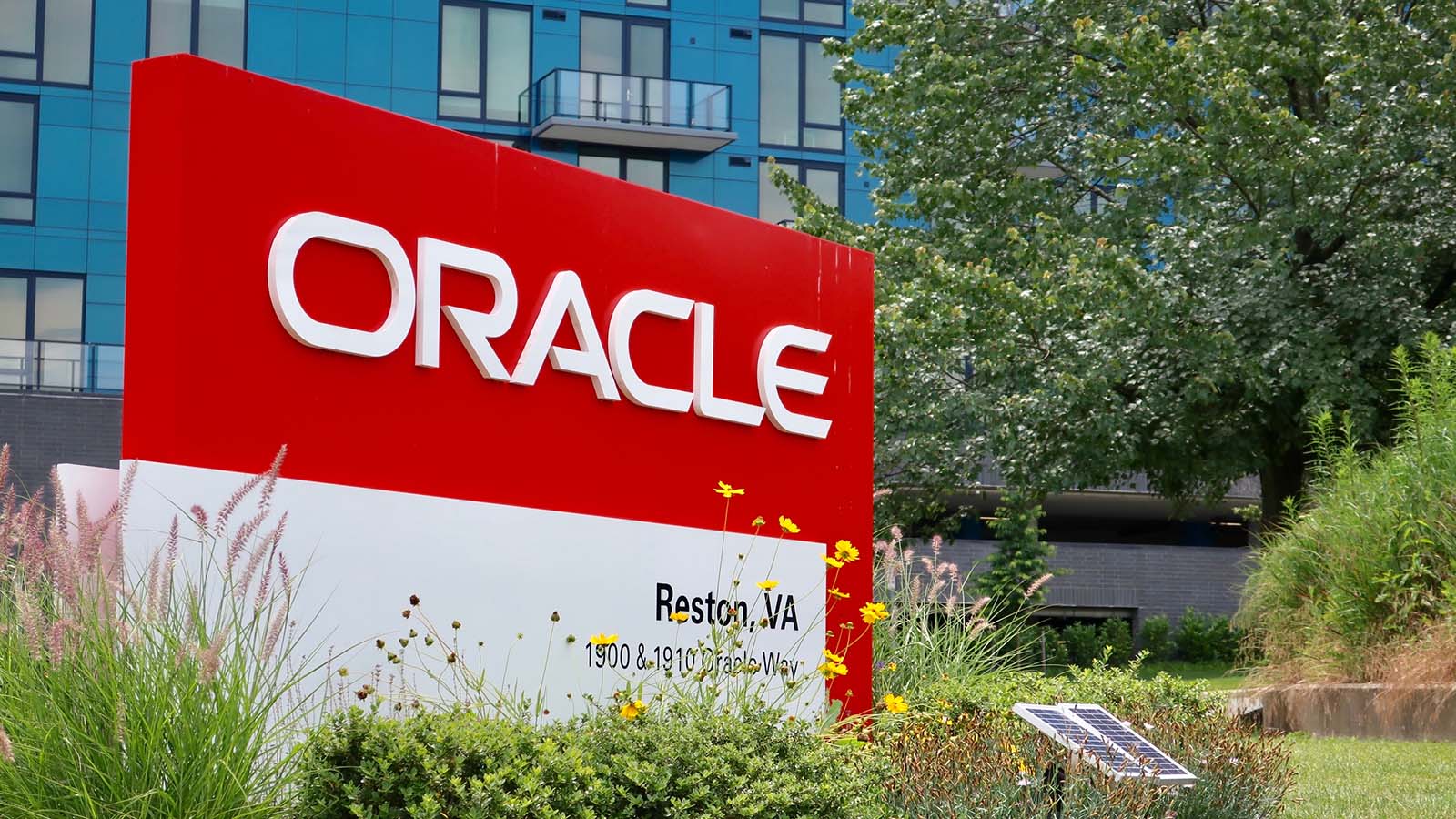Oracle (NYSE:ORCL) stock looks even more undervalued than it did in April. At the time, I said this cloud software company was worth at least 30% more than its April 14 price of $76.78. That put the value of ORCL stock at about $100 per share. Today, with its Q4 free cash flow (FCF) up 19% year-over-year (YOY), expect to see ORCL stock rise 34.5% to $118 per share.

Oracle is a cash-flow powerhouse. But so far, ORCL stock does not seem to reflect its huge cash-generating abilities.
Here is how I estimated its target value: I used its historical FCF margins to forecast its FCF going forward. Then, I applied that figure to a credible FCF yield metric to obtain its target value.
Estimating Oracle’s FCF and FCF Margins
On June 15, the company released its fiscal Q4 and full-year earnings statement for the period ending May 31. It showed that revenue grew 8%, mainly from activities pertaining to its cloud services and licenses. Its net income was up 11% on a non-GAAP basis for the fiscal year.
FCF was $13.752 billion, up 18.8% from $11.575 billion the year before. I like to use FCF as a measure of a company’s profitability. It cuts through all the nonsense and accounting figures that companies use to camouflage their performance. FCF is what a company uses to pay its dividends, cut debt and buy back stock. Without FCF, none of these can happen easily.
In the 2021 fiscal year, the company produced a high FCF margin. Its Q4 FCF was 100% of net income and represents 34% of its $40.479 billion in total revenue for the year. That is an extremely high margin. Last year, its margin was just 29.6%.
This is is slightly better than some of Oracle’s peers. For example, ServiceNow (NYSE:NOW) has a 32.65% FCF margin based on its historical trailing 12 month (TTM) FCF in Q1. Its FCF of $1.5783 billion divided by its sales of $4.8335 billion is 32.65%.
Similarly, VMWare (NYSE:VMW) had a TTM FCF margin of 33.1%.
Valuing ORCL Stock Using FCF Yield
We can use this margin to estimate Oracle’s FCF going forward. Analysts surveyed by Yahoo! Finance forecast sales will hit $42.25 billion in the year ending May 31, 2022. If we apply Oracle’s historical 34% FCF margin, we can estimate that FCF will hit $14.465 billion. This is 6.6% more than its FCF last year. Now, we can use that figure to value ORCL stock.
Right now, Oracle has a market capitalization of $238.97 billion. Since it made $13.572 billion in FCF, this works out to an FCF yield of 5.67%. However, this yield is too cheap given its FCF profitability.
For example, ServiceNow produced $1.5783 billion in TTM FCF compared to its $110.66 billion market value. That works out to an FCF yield of 1.43%. And don’t forget that Service Now had a slightly lower margin than Oracle in the last 12 months. Therefore, ORCL stock should have an FCF low closer to 1.43% rather than its 5.67% FCF yield today.
However, VMWare has a slightly higher FCF yield. Its TTM FCF in Q1 was $3.989 billion, compared to its present market capitalization of $66.28 billion. That works out to an FCF yield of 6%. The average of these two Oracle peers is an FCF yield of 3.715%.
ORCL Stock’s Current Value
We can use this 3.715% average FCF yield to value ORCL stock. Let’s divide its forecast May 2022 FCF of $14.465 billion by 3.715%. That works out to a market value of $389.37 billion. This implies a potential upside of 62.9% in ORCL stock over its $238.97 billion market cap. That means its price target is around $142.96 based on yesterday’s closing price of $87.76.
In fact, even if we use a higher FCF yield of 4.5%, the target market works out to $321.44 billion. That is still 34.5% more than its current market cap. This means a conservative valuation for ORCL stock is $118 per share, up 34.5% from yesterday’s price.
On the date of publication, Mark R. Hake did not hold a position in any security mentioned in the article. The opinions expressed in this article are those of the writer, subject to the InvestorPlace.com Publishing Guidelines.
Mark Hake writes about personal finance on mrhake.medium.com and runs the Total Yield Value Guide which you can review here.
